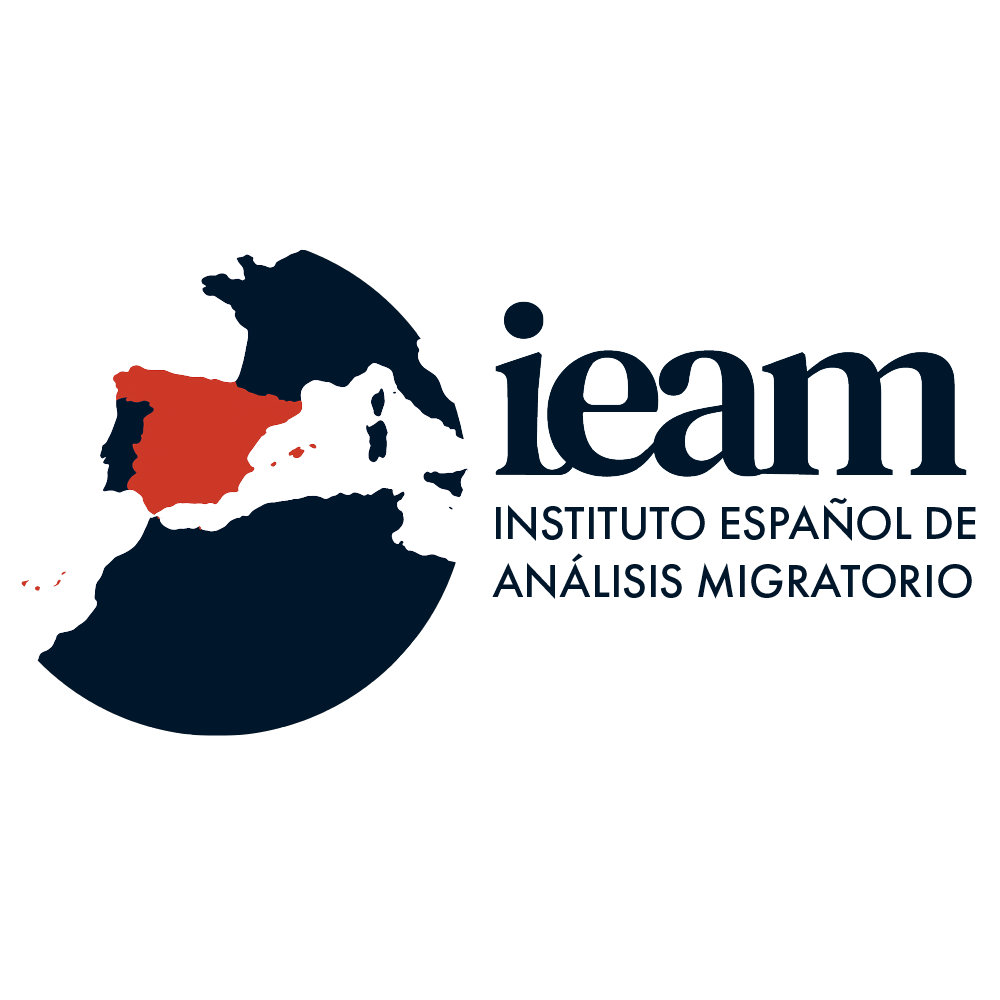The Government of the Canary Islands, in collaboration with the Innovation for Migration Management initiative—which is part of IRLab—organized a webinar on September 3 dedicated to examining the challenges posed by the geopolitical situation in the Sahel and its implications for the archipelago. The event was open to the public and featured participation from leading experts.
Speakers included Dr. Beatriz Mesa, a political scientist; Beatriz de León Cobo, a Sahel security expert and director of the Spanish Institute for Migration Studies (IEAM); and journalist José Naranjo, who addressed the political and security deterioration in the region and its effects on migration routes to the Canary Islands from different perspectives. The session was introduced by Octavio Caraballo, Deputy Chief of Staff to the President, alongside Claudia Pérez, coordinator of the Innovation for Migration Management initiative.
The President of the Canary Islands, Fernando Clavijo, has repeatedly expressed concern over the European Union’s lack of response to the situation in the Sahel, calling for cooperation policies that contribute to economic development and social stability in countries of origin.
During the session, it was highlighted that the expansion of jihadism, structural deficits in governance and development, and the effects of climate change are creating an increasingly unstable scenario with repercussions beyond the region itself. One of the key points emphasized was that the recent decrease in arrivals of migrants to the Canary Islands does not mean a reduction in flows, but rather a shift in departure points toward less monitored and higher-risk areas, such as Guinea-Bissau and Guinea-Conakry.
This change in migration routes responds to strengthened border controls in Mauritania and Senegal, which has led trafficking networks to open new pathways toward the Atlantic. The route from Conakry to the island of El Hierro exceeds 2,200 kilometers—a distance considerably greater than from Senegal or Gambia—thus increasing the risks for people undertaking the journey.
The importance of demographic factors was also stressed: 60% of the Sahel’s population is under 25 years old, and projections indicate that by 2050 the region could reach 500 million inhabitants. This rapid growth highlights the need to create economic and social opportunities in the countries of origin, offering real alternatives to forced migration.

